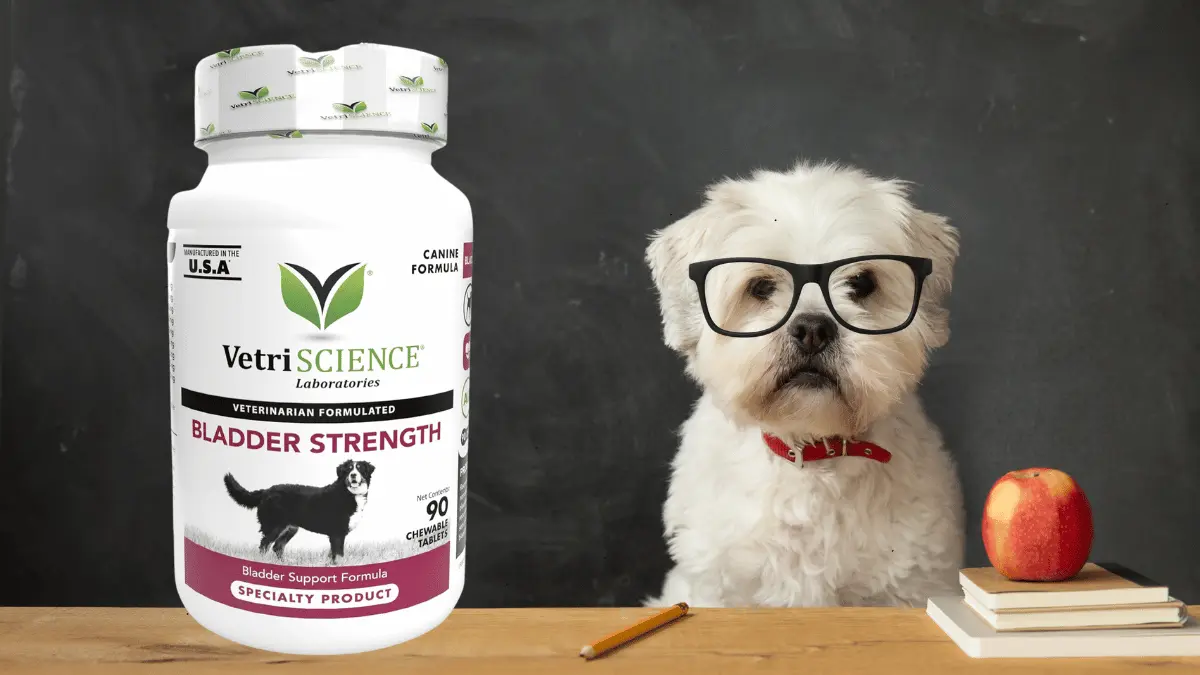A Gentle Approach to Canine Digestion
When your furry friend is feeling under the weather, a soft diet can be a comforting and nourishing choice. Whether dealing with gastrointestinal upset, post-surgery recovery, or other health challenges, a soft diet can help support your dog’s healing process.
Why Choose a Soft Diet?
- Easy on the Digestive System: Soft foods are generally easier to digest, reducing strain on the stomach and intestines.
- Increased Palatability: The gentle texture and often enhanced flavors of soft foods can make them more appealing to dogs with reduced appetites.
- Nutrient-Dense: Soft diets can be formulated to provide essential nutrients while being gentle on the digestive tract.
Key Considerations for a Soft Diet
- Consult Your Veterinarian: Always seek professional advice before making significant changes to your dog’s diet, especially if they have underlying health conditions.
- Balance Nutrition: Ensure the soft diet provides adequate protein, carbohydrates, fats, vitamins, and minerals to meet your dog’s specific needs.
- Hydration is Key: Encourage your dog to drink plenty of water to prevent dehydration, especially during illness or recovery.
Soft Diet Options
- Commercial Soft Foods: Many pet food manufacturers offer specially formulated soft diets for dogs, designed to be gentle on the digestive system while providing essential nutrients.
- Homemade Options: With veterinary guidance, you can prepare homemade soft diets using ingredients like cooked rice, chicken, and vegetables. Ensure the food is bland and easy to digest.
Tips for Transitioning to a Soft Diet
- Gradual Transition: To minimize digestive upset, gradually introduce the soft diet over a few days.
- Monitor Intake: Observe your dog’s appetite and adjust portions as needed.
- Consult Your Veterinarian Regularly: Keep your veterinarian updated on your dog’s progress and any changes in their condition.
When to Seek Veterinary Care
If your dog’s symptoms persist or worsen, it’s important to consult a veterinarian. They can assess the underlying cause and recommend appropriate treatment.
By understanding the benefits of a soft diet and following these guidelines, you can help your dog feel better and recover more quickly.














